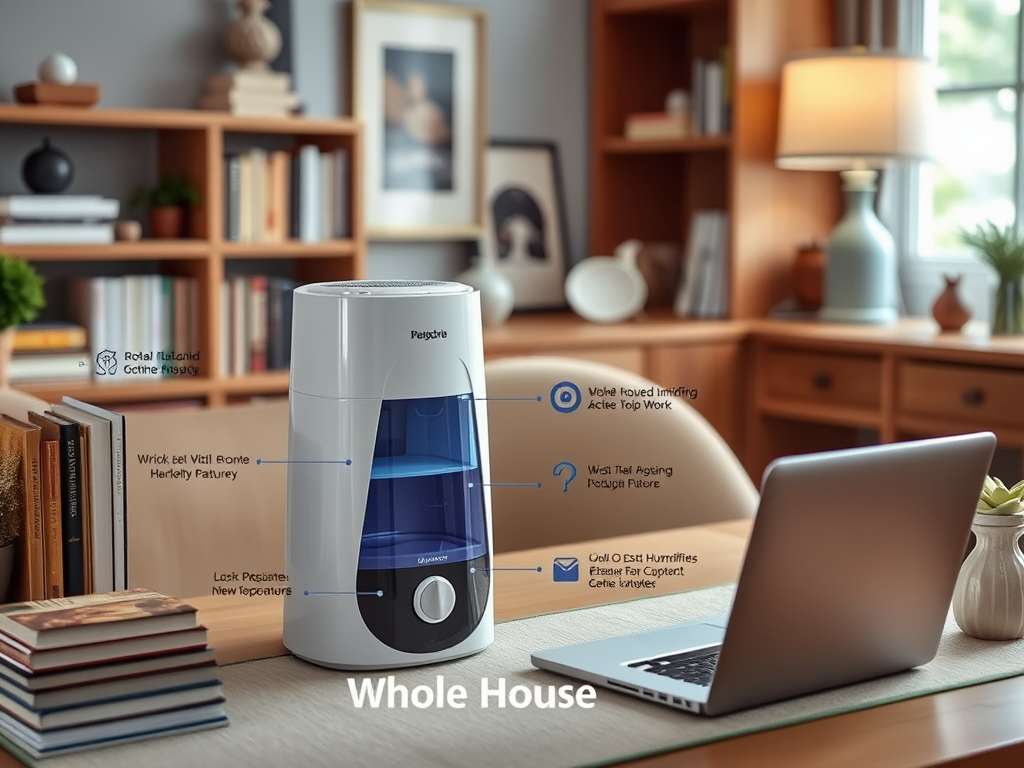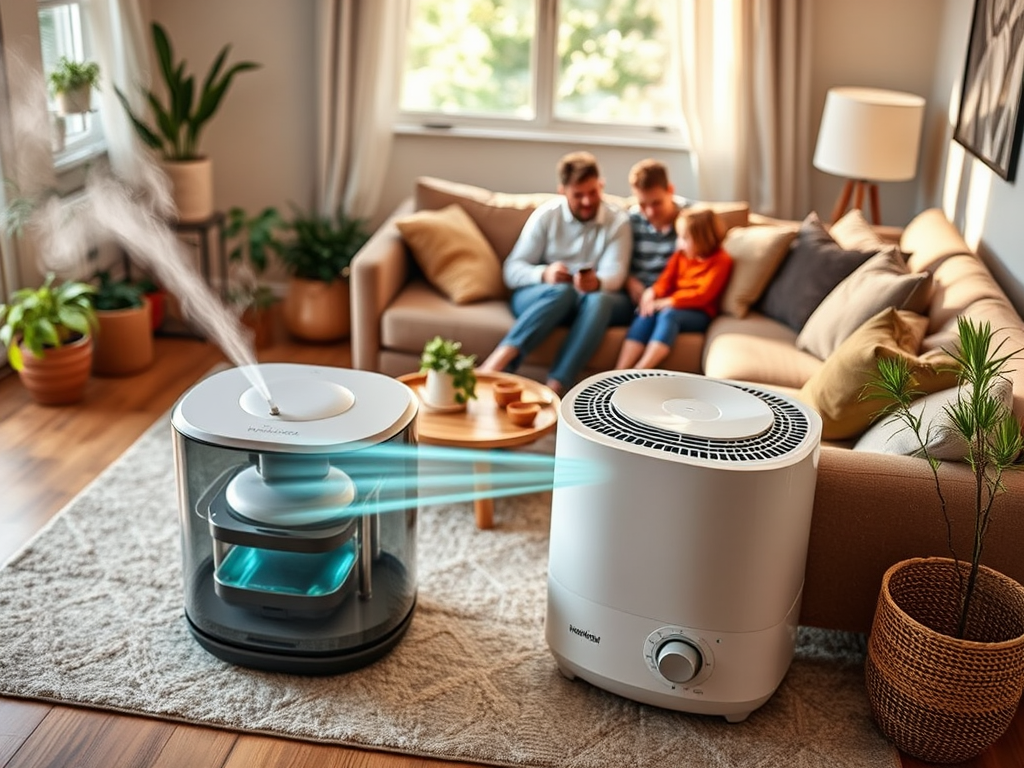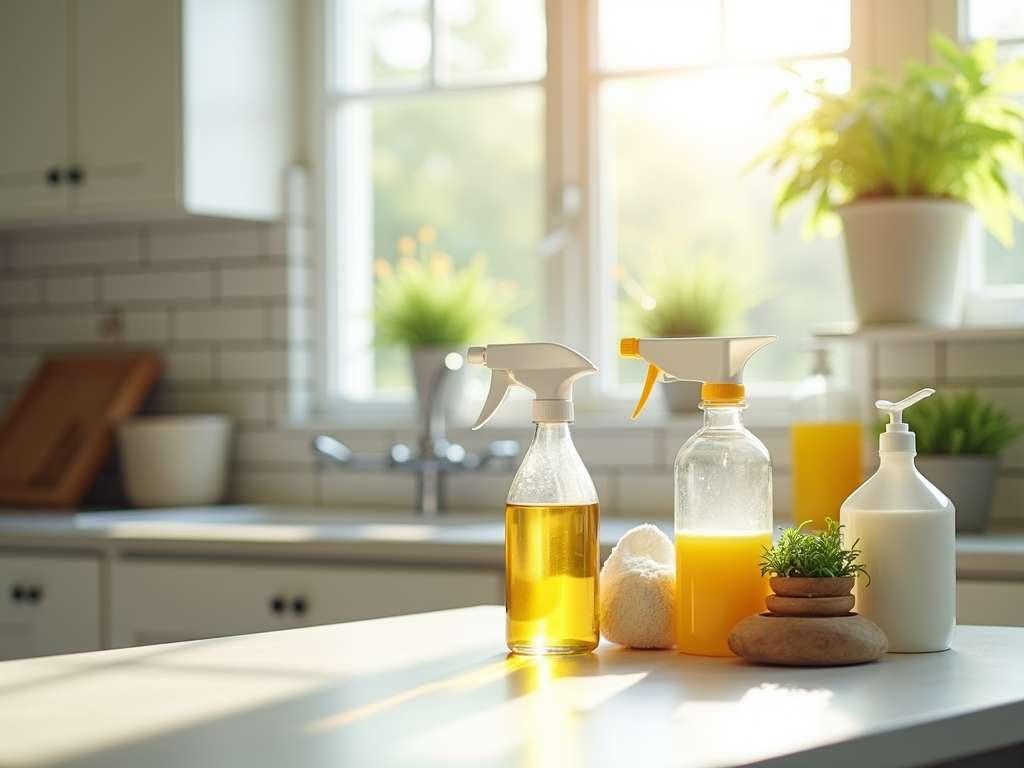The struggle against allergies and asthma affects a significant portion of the population, often making everyday life feel like a battle. In the quest for relief, many people overlook a simple yet effective solution: the whole house humidifier. By maintaining optimal humidity levels in the home, these devices can significantly alleviate discomfort caused by various allergens. Dry air can worsen respiratory symptoms, leading individuals to seek out temporary fixes. However, investing in a whole house humidifier provides a long-term strategy for improving indoor air quality. This article explores how a whole house humidifier not only reduces allergies and asthma symptoms but also enhances overall comfort in your living environment.
Understanding Allergies and Asthma

Allergies and asthma are complex conditions that share a common thread—both are significantly affected by the environment. Allergies trigger the immune system to react to normally harmless substances, while asthma is characterized by airway inflammation and constriction. Common allergens include a wide range of irritants such as pollen, pet dander, and mold spores. In this context, the air’s humidity level plays a crucial role, often overlooked when it comes to mitigating respiratory issues. Moreover, dry air can exacerbate both conditions, leading to increased irritation of the throat and nasal passages. Understanding this relationship can empower individuals to take actionable steps toward improving their indoor air quality.
- Pollen from trees, grasses, and weeds.
- Dust mites found in bedding and carpets.
- Mold spores that thrive in damp areas.
- Pet dander from furry companions.
- Airborne irritants like smoke and strong odors.
The Role of Humidity in Respiratory Health

Humidity is often an overlooked factor in respiratory health, yet it can make a profound difference for allergy and asthma sufferers. Proper humidity levels can help keep mucous membranes moist, reducing irritation that often leads to inflammation. This environment creates a protective barrier, preventing allergens from triggering symptoms. Conversely, low humidity can dry out the airways, making them more susceptible to allergens and irritants. When the air is too dry, individuals experience increased coughing, sneezing, and throat irritation, which can aggravate existing conditions. Therefore, maintaining balanced humidity is not just a matter of comfort; it is essential for health.
Fluctuations in humidity can directly correlate with the severity of allergy and asthma symptoms. For instance, during the winter months when heating systems are active, the air tends to dry out considerably. This scenario aggravates respiratory conditions, leading to increased discomfort. Furthermore, overly dry air can lead to the proliferation of dust mites and mold, creating a cycle of respiratory irritations and symptoms. In contrast, maintaining an optimal humidity level can help alleviate these issues, providing significant relief. With the right humidity balance, allergy and asthma sufferers can breathe more easily and experience an improvement in their quality of life.
Benefits of Whole House Humidifiers
Whole house humidifiers offer numerous benefits for individuals struggling with allergies and asthma. These systems are designed to maintain consistent humidity levels throughout an entire home, rather than just a room or two. This extensive coverage is crucial for ensuring that every corner of your living space is conducive to respiratory health. Not only do these systems enhance comfort, but they also contribute to better indoor air quality. Additionally, investing in a whole house humidifier can lead to cost savings compared to purchasing individual units for various rooms. Below is a summary of the key benefits:
- Improved air quality reduced prevalence of airborne allergens.
- Enhanced comfort making the air feel warmer.
- Cost efficiency more economical than multiple devices.
Choosing the Right Whole House Humidifier
When it comes to selecting a whole house humidifier, several factors should influence your decision to ensure you find the most suitable option for your home. One crucial aspect is the capacity of the unit. Proper sizing is essential to maintain optimal humidity levels effectively. You also want to consider maintenance needs and filter replacements to avoid complications down the line. Whether opting for a bypass humidifier, fan-powered type, or steam humidifier, understanding how each operates can enhance your final choice. Below is a brief comparison of different types of whole house humidifiers:
| Type | Operation | Maintenance |
|---|---|---|
| Bypass | Uses furnace fan for operation. | Moderate maintenance. |
| Fan-powered | Provides supplemental airflow. | Higher maintenance required. |
| Steam | Heats water to create steam. | Very high maintenance. |
Conclusion
Investing in a whole house humidifier can be a proactive approach to managing allergies and asthma symptoms effectively. By improving indoor humidity levels, it offers a cleaner, more comfortable living environment that significantly benefits respiratory health. With the understanding of how humidity affects allergies and asthma, individuals are better equipped to take action. The comfort and relief provided by a whole house humidifier is not only a matter of convenience but also a crucial step towards a healthier lifestyle. As indoor air quality becomes increasingly vital, the importance of these systems cannot be overstated. Therefore, take the initiative to create a balanced environment that supports your well-being.
Frequently Asked Questions
- What are the ideal humidity levels for allergy and asthma sufferers? The ideal indoor humidity level is typically between 30% and 50%.
- How often should I clean my whole house humidifier? It is recommended to clean your unit every two to three weeks to prevent mold and bacteria buildup.
- Can a whole house humidifier help with winter heating? Yes, a whole house humidifier can help counteract the dry air produced by heating systems in winter months.
- Are there any risks associated with using a humidifier? Yes, improper use can lead to excessive moisture, which may encourage mold growth and dust mites. Regular maintenance is essential.
- How do I know if my home needs a humidifier? Signs can include dry skin, static electricity, and frequent respiratory issues during winter months.



